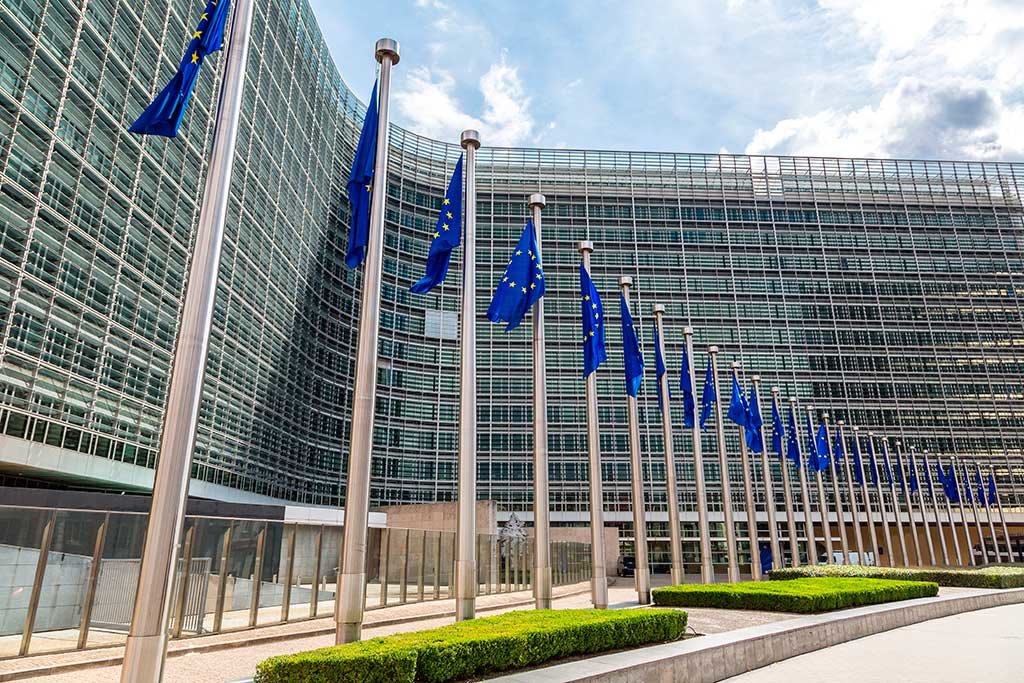
The EU Biofuels Chain has released a statement urging the bloc not to encourage member states to reduce their biofuels blending mandates and consider the negative effects this would have.
The recently published Commission Communication on Food Security expressed its support for Member States’ actions to reduce the blending proportion of biofuels.
The EU Biofuels Chain considered this a contradiction of the Commission’s own statements in the RePowerEU Communication about the importance of boosting domestic sources of renewable energy.
The organisation said the EU biofuels industry made a strategic contribution to Europe’s food and energy security.
It said: “EU biofuels production creates food, feed and fuel, significantly strengthening Europe’s strategic autonomy by offsetting the need to import animal feed and displacing the use of crude oil in transport.
“Our sectors are vital to ensuring that the EU has additional domestic sources of high-protein and cellulosic animal feed as they produce critical renewable liquid fuels for the transport sector.
“There does not have to be a trade-off between the EU’s food security goals, its climate goals and its independence objectives. Supporting the reduction of biofuels blending sends the wrong signal, at a moment when European agriculture is being called upon to produce more while continuing to make progress on sustainability.”
The EU Biofuels Chain added that the European Commission regularly confirmed that EU biofuel production was sustainable.
It added: “Cultivation of feedstock used in biofuel production compared to total agricultural commodities availability in the EU is limited and related environmental impacts are low.
“As the Commission has stated with regard to the current circumstances, there is no problem of food supply in Europe, but rather of food affordability.
With increased production, use of fallow land and continued domestic supply of animal feed, EU agriculture can rise to the production challenge as well as to the issue of global food security.
Our sectors and the market are able to readjust and reallocate commodities where needed. The EU should avoid encouraging actions that create additional market instability.”